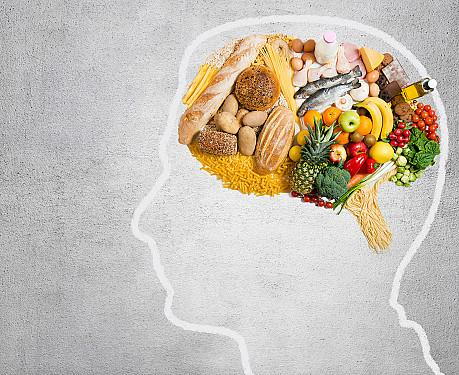
In recent years, the field of mental health has seen a significant shift towards more holistic and comprehensive approaches to treatment. One such approach that has gained considerable traction is Integrative Mental Health (IMH). This model combines conventional psychiatric treatments with complementary and alternative therapies to address the multifaceted nature of mental health disorders. In this blog post, we will explore what Integrative Mental Health is, its core principles, and how it can benefit those seeking a more rounded approach to mental well-being.
What is Integrative Mental Health?
Integrative Mental Health is a holistic approach to mental health care that combines traditional psychiatric methods with complementary and alternative therapies. The goal is to treat the whole person—mind, body, and spirit—rather than just focusing on symptoms. This approach recognizes that mental health is influenced by a variety of factors, including biological, psychological, social, and spiritual elements.
Core Principles of Integrative Mental Health
- Holistic Care: IMH emphasizes the importance of treating the whole person. This means considering physical health, emotional well-being, social connections, and spiritual needs.
- Personalized Treatment: Each individual is unique, and so should be their treatment plan. IMH tailors interventions to meet the specific needs and circumstances of each person.
- Evidence-Based Practice: While IMH incorporates complementary and alternative therapies, it relies on scientific evidence to guide treatment decisions. This ensures that interventions are both safe and effective.
- Collaborative Approach: IMH often involves a team of healthcare providers, including psychiatrists, psychologists, nutritionists, and alternative medicine practitioners. This collaborative approach ensures comprehensive care.
- Prevention and Wellness: IMH places a strong emphasis on prevention and overall wellness. This includes lifestyle modifications, stress management techniques, and other strategies to promote long-term mental health.
Components of Integrative Mental Health
Integrative Mental Health can include a wide range of therapies and interventions. Here are some of the most commonly used components:
- Conventional Psychiatric Treatments: These include medications, psychotherapy, and other standard treatments for mental health disorders.
- Nutritional Therapy: Diet and nutrition play a crucial role in mental health. Nutritional therapy may involve dietary changes, supplements, and other interventions to support brain health.
- Mind-Body Practices: Techniques such as yoga, meditation, and mindfulness can help reduce stress and improve mental well-being.
- Herbal and Nutritional Supplements: Certain herbs and supplements, such as St. John’s Wort or omega-3 fatty acids, may be used to support mental health.
- Acupuncture and Traditional Chinese Medicine: These ancient practices can help balance the body’s energy and improve mental health.
- Exercise and Physical Activity: Regular physical activity is known to have a positive impact on mental health. Exercise can help reduce symptoms of depression and anxiety and improve overall mood.
- Spiritual Practices: For some individuals, spiritual practices and beliefs are an important part of their mental health. Integrative approaches may include spiritual counseling or other practices that support spiritual well-being.
Benefits of Integrative Mental Health
- Comprehensive Care: By addressing multiple aspects of a person’s life, IMH provides a more comprehensive approach to mental health care.
- Personalized Treatment: IMH recognizes that each person is unique and tailors treatment plans to meet individual needs.
- Improved Outcomes: By combining conventional and alternative therapies, IMH can often achieve better outcomes than traditional approaches alone.
- Empowerment: IMH encourages individuals to take an active role in their own care, which can lead to greater empowerment and self-efficacy.
- Focus on Prevention: By emphasizing prevention and wellness, IMH can help individuals maintain long-term mental health and reduce the risk of future issues.
Integrative Mental Health represents a promising and comprehensive approach to mental health care. By combining the best of conventional and alternative therapies, IMH offers a holistic and personalized path to mental well-being. Whether you are seeking treatment for a specific mental health condition or looking to improve your overall mental health, Integrative Mental Health provides a versatile and effective framework for achieving your goals.
If you are considering Integrative Mental Health, it is important to work with a qualified healthcare providers who can guide you through the process and ensure that all interventions are safe and appropriate for your individual needs. With the right support and a comprehensive approach, you can take meaningful steps towards a healthier, more balanced life. I have practiced integrative mental health for more than five years and am a Certified Integrative Mental Health Professional. If you would like learn more, call me at (404) 341-5682. Let’s talk soon!